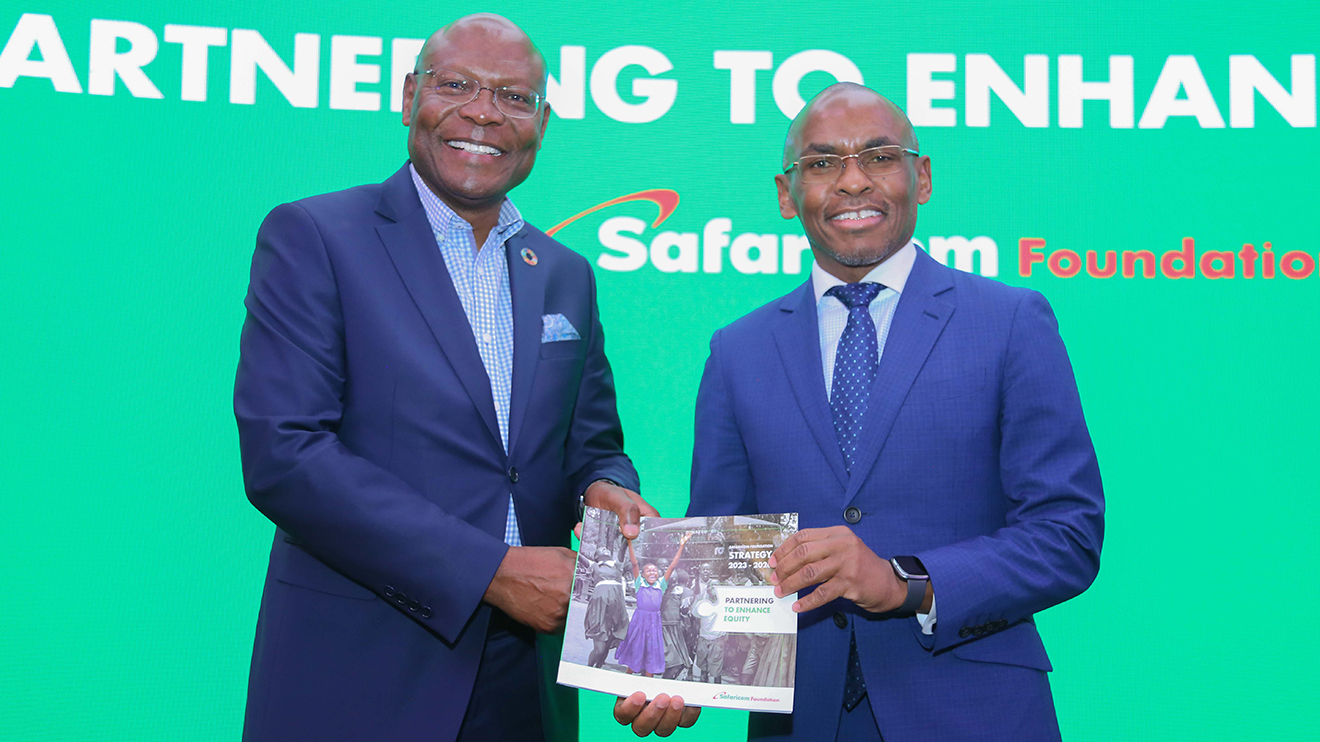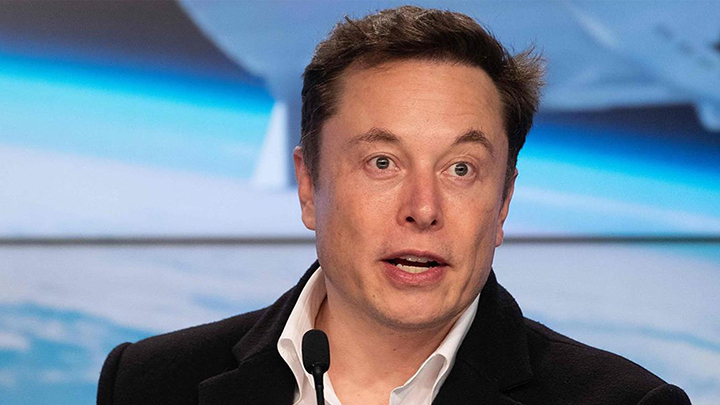Safaricom Foundation has unveiled its 2023-2026 strategic plan dubbed ‘Partnering to Enhance Equity’ focusing on community investments in education, health and economic empowerment.
The launch comes after the successful implementation of its 2018-2021 strategy that impacted the lives of more than 4 million people via more than 2,000 community projects.
The foundation will focus on ICT, sustainable philanthropy and humanitarian response to deliver lifelong impactful projects and philanthropic investments to tackle urgent needs and immediate concerns of communities.
The foundation also intends to strengthen its community engagement through strategic partnerships aligned with Safaricom’s purpose of transforming lives.
Safaricom Foundation will also leverage funding from partners to establish shared value for lifelong projects, this being the first time the telecommunications firm will be doing this.
Read More
“Our new strategy will rely a lot on partnerships, technology, and community engagement by bringing on-board all stakeholders in our programmes,” said Safaricom Foundation Chairman Joseph Ogutu.
He added, “That is why we have incorporated Sustainable Philanthropy as a key delivery component so that through such gainful partnerships, communities can continue thriving long after we have implemented our initiatives.”
In its Education pillar, the foundation will integrate digital skills to bolster the competencies of teachers and learners while also enhancing education outcomes across the country.

The foundation will also boost access to TVET for the youth by founding TVET centres of excellence and providing scholarships, apprenticeships and tooling of graduates to prepare them for the job market.
In the Health pillar, Safaricom foundation will pay attention to adolescent health while also improving its Reproductive, Maternal, Neonatal, Child and Adolescent Health (RMNCAH) initiative to boost the capacity of national, county and community health systems.
.jpeg)
The foundation will also incorporate screening for non-communicable diseases to enable early detection, treatment, and management.
It will also apply technology to map out the number of pregnant women in high-burden counties and use it to create awareness in health interventions in the affected regions.
In the economic empowerment pillar, the foundation will have entrepreneurship programmes, job creation and innovative affordable funding to harness the youth potential.
.jpeg)
This will also be done through agribusiness, ecoprenuership and enterprise development.
The foundation will also use technology to boost agricultural production and agribusiness management, and support innovations providing ICT solutions to agri-business management for startups.
“In this 2023 to 2026 Safaricom Foundation strategy, we will heavily leverage technology across the three pillars to improve efficiency and scale impact. By 2026, we hope that Safaricom Foundation will have proven that it is possible to impact the community through technological interventions,” said Safaricom CEO Peter Ndegwa.








